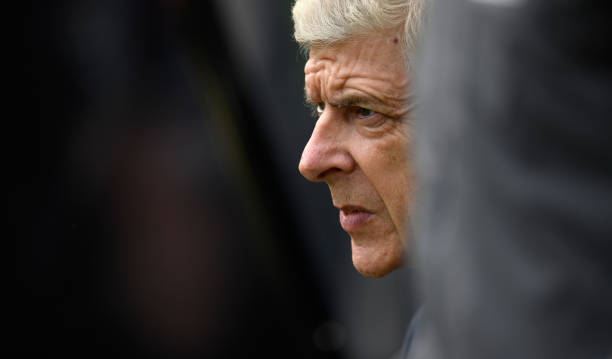Arsène Wenger did not just change Arsenal; he redefined English football. Arriving in 1996 as an unknown quantity, he left 22 years later as a revolutionary, a manager who transformed not only a club but an entire league. His ideas on tactics, fitness, recruitment, and professionalism altered the landscape so dramatically that the modern Premier League still bears his fingerprints.
He helped transform the Premier League into a global powerhouse, a league of technical sophistication rather than mere physicality. His embrace of technology, sports science, and VulkanSpiele sports betting’s rise in analytics-driven football show how deeply his ideas permeated the game.
English football in the mid-1990s was a world of rigid formations, direct play, and physical battles. Teams were built on resilience rather than refinement, with training sessions often followed by heavy meals and heavier drinking. Wenger, steeped in a culture of science and precision from his time at Monaco and Nagoya Grampus Eight, was about to shatter those norms.
The first change came off the pitch. Wenger overhauled Arsenal’s diet, replacing alcohol, red meat, and greasy fry-ups with fish, boiled vegetables, and hydration plans. He implemented stretching routines and new fitness regimes, borrowing from his experiences in Japan. Players initially resisted – legend has it that after he removed Mars bars from the dressing room, some players jokingly revolted. But results were undeniable. Players recovered faster, lasted longer, and performed at levels English football had never seen before.
Then came the tactical transformation. Wenger inherited George Graham’s defensive steel but injected it with French artistry. His 4-4-2 became the gold standard: a disciplined backline with a midfield built on control, fluidity, and movement. Patrick Vieira and Emmanuel Petit dominated the centre, while Dennis Bergkamp and Thierry Henry flourished in attack. This was football with intelligence and elegance, a stark contrast to the English game’s traditional reliance on brute force.
Wenger’s trust in foreign talent reshaped the league. When he arrived, most clubs were built around English, Scottish, and Irish players. Wenger scoured France, Spain, and beyond, bringing in players who would become legends. Thierry Henry, Robert Pirès, Freddie Ljungberg, Cesc Fàbregas, Patrick Vieira – all scouted with an eye for technical ability and tactical intelligence. By 2004, his squad had the lowest percentage of British players ever seen in an English title-winning team. The debate about foreign influence in the league raged, but Wenger had already changed the game.
His Invincibles season in 2003-04 remains the pinnacle of his revolution. Arsenal did not just win the league; they did it without losing a single match, an achievement unmatched in modern English football. Their unbeaten run stretched 49 games, a testament to Wenger’s philosophy of technical superiority, discipline, and relentless attack.
Beyond tactics and recruitment, Wenger also pioneered the use of sports science. He introduced video analysis, monitoring systems, and GPS tracking, now staples of elite football. His influence even extended to data-driven player evaluations, foreshadowing the analytics boom that now dominates scouting and performance analysis.
Wenger’s impact transcended football. He set new standards of professionalism, proving that a club could win with flair and intelligence. His emphasis on attacking football made Arsenal one of the most admired teams globally, attracting a new wave of international fans who embraced the club’s ethos. His rivalry with Sir Alex Ferguson defined an era, but where Ferguson was the master of dominance and pragmatism, Wenger was the purist, the idealist who wanted football to be as much about art as results.
His later years at Arsenal were defined by frustration, constrained by financial limitations following the club’s move to the Emirates Stadium. Yet even in those years, he continued to shape English football, championing youth development and maintaining his belief in an attractive, attacking style. His departure in 2018 was inevitable, yet the scale of his influence remains immeasurable.
Even today, Wenger’s legacy persists in the tactics of Mikel Arteta, Pep Guardiola, and, formerly, Jürgen Klopp, in the dietary and fitness regimes of every Premier League club, and in the now-standard global scouting networks. He was a footballing visionary, a pioneer whose ideas pushed English football into the modern era.
His true genius was not just in winning trophies, though he won three Premier League titles and seven FA Cups, but in reshaping an entire footballing culture. His name belongs among the greats, not just for what he did for Arsenal, but for what he did for English football.
